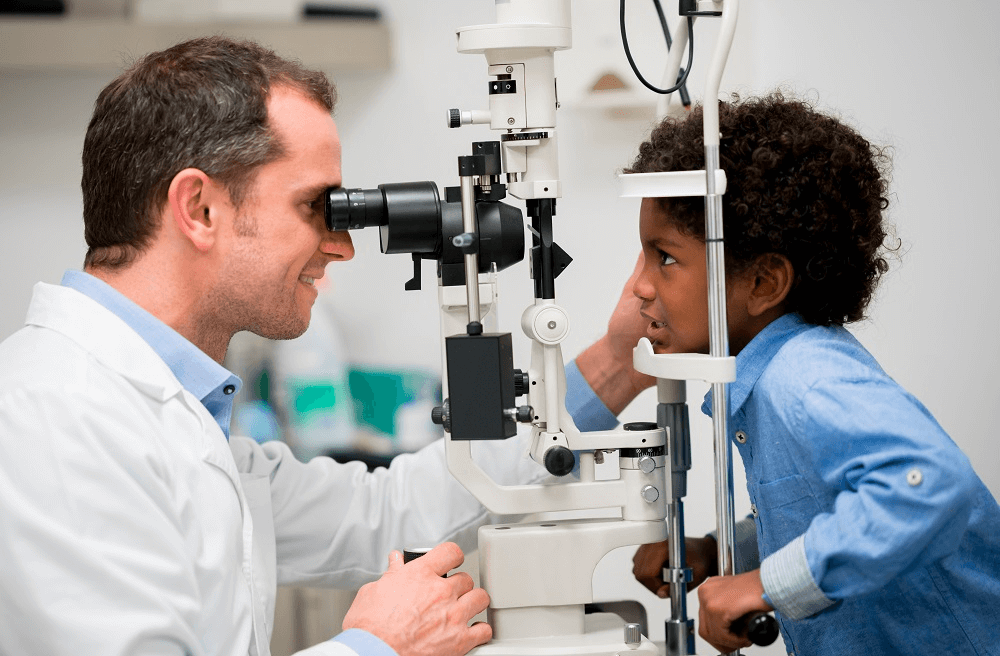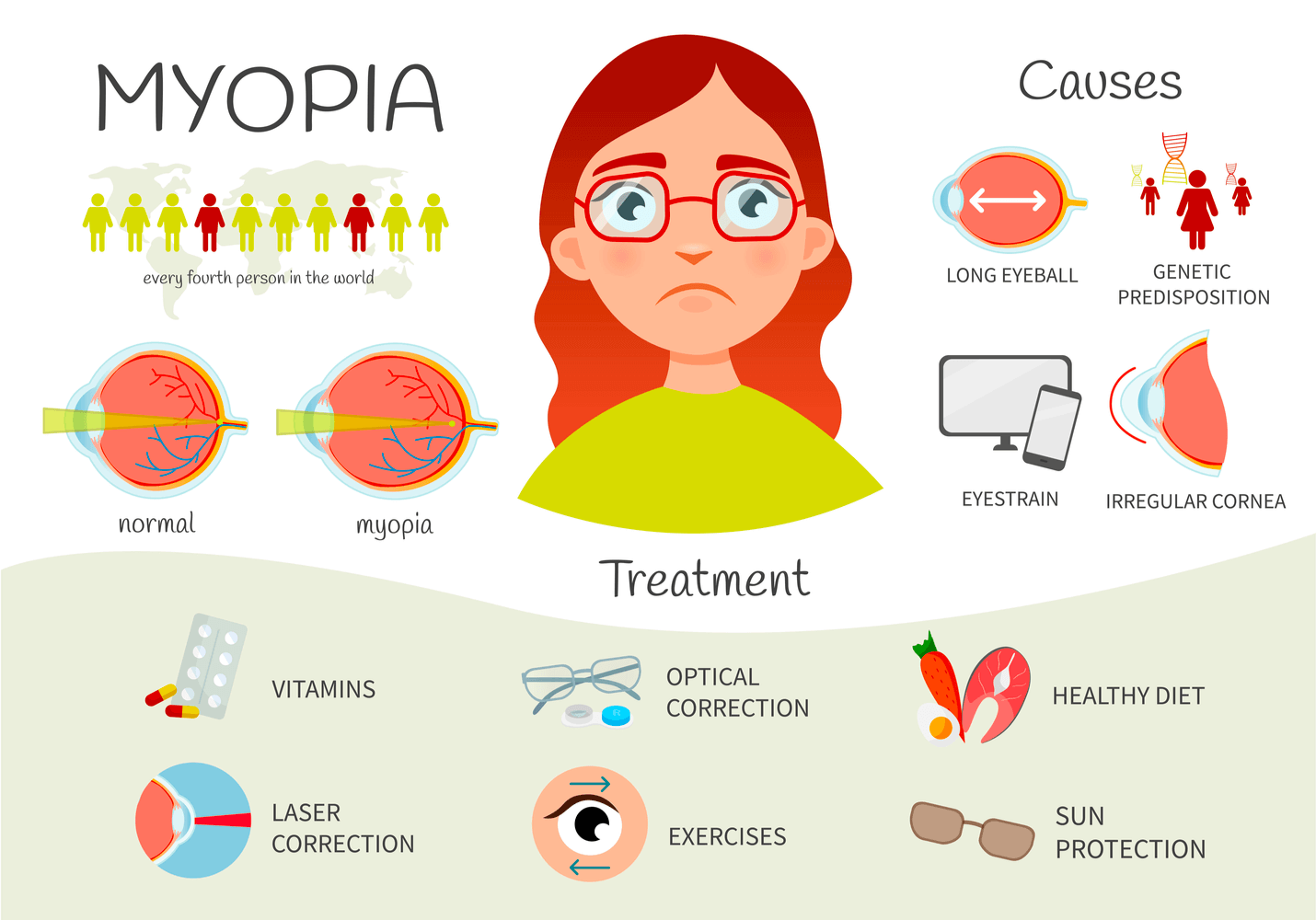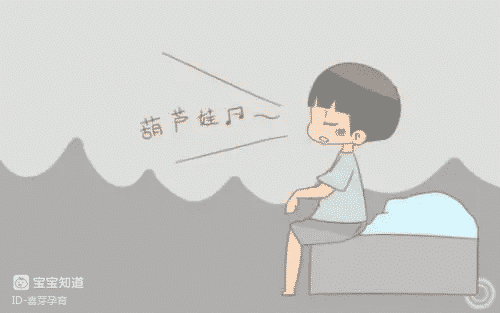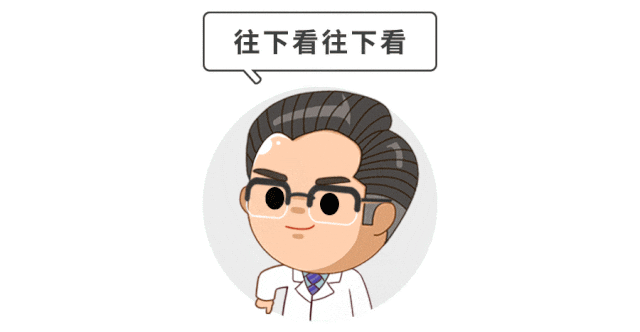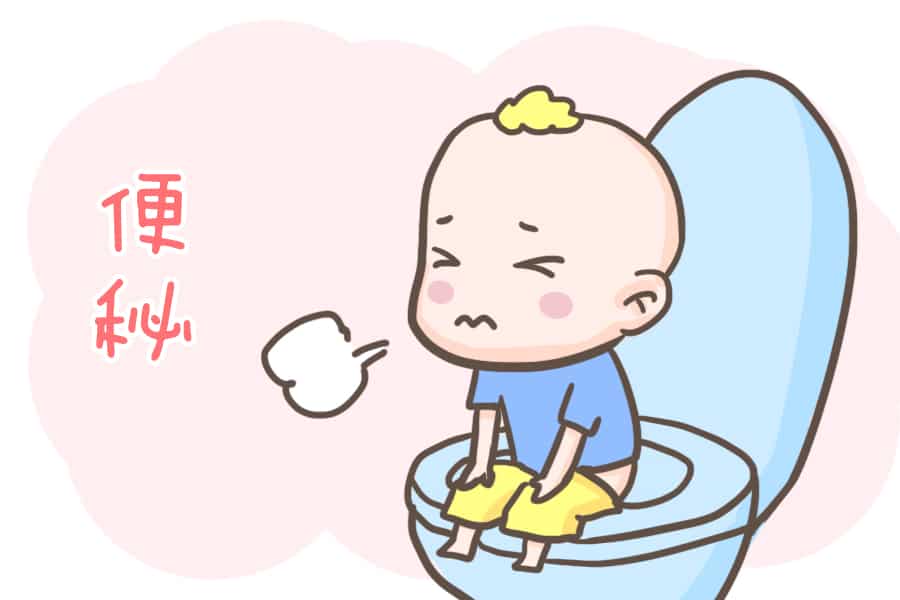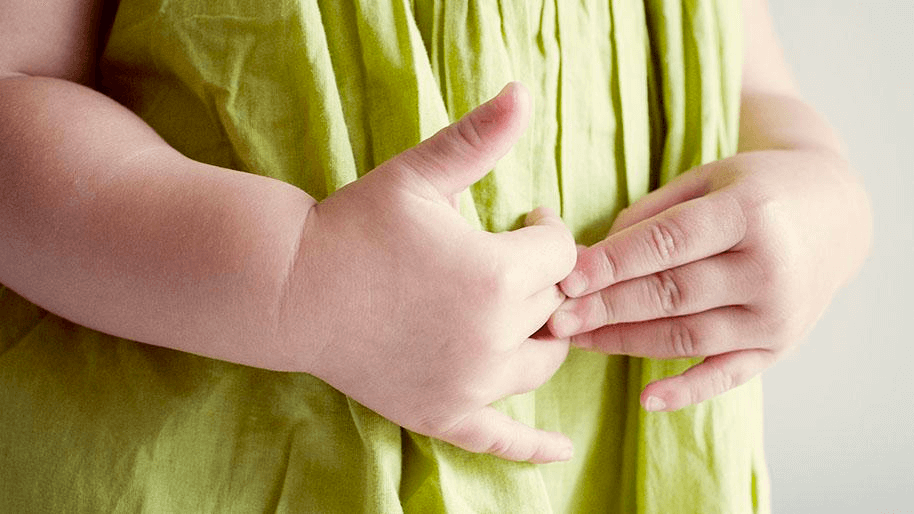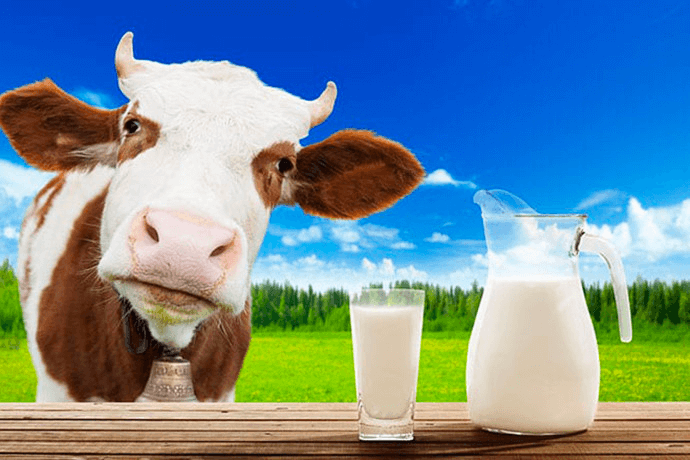As our scientific knowledge continues to increase, we have also had many new taboos and precautions in the matter of parenting, especially when it comes to children’s dietary arrangements, parents will also pay more attention to their children’s feeding methods . It is necessary to ensure the nutritional intake of the child’s diet, but also to avoid some unhealthy feeding methods for the nutrition of the child’s development.
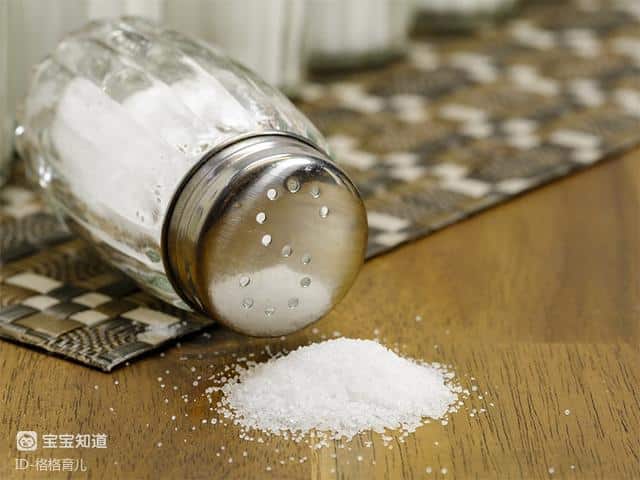
In the past, people raised their children by breast-feeding until they could eat porridge, and then slowly let the children and adults eat together, but now children basically have their own complementary food before the age of three. And in terms of dietary seasoning, many people also advocate that infants and young children should not be allowed to eat salt. Do you think this is pseudoscience?
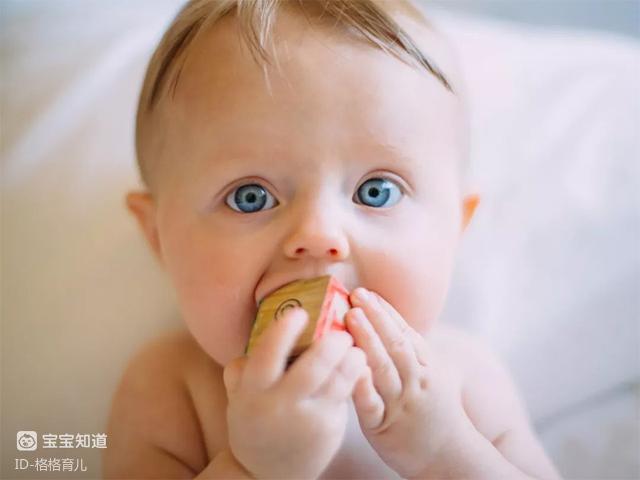
In my opinion, it seems absurd that infants and young children are not allowed to eat salt, but in fact, after some understanding, I found that there is some truth in this. In this regard, our more accurate approach is: the baby before one year old does not need extra salt, and the amount can be increased gradually after one year old, but this is mainly light and small, and does not require too heavy flavor seasoning.
Then why don’t infants and young children eat salt? The main one is to control the absorption of sodium in the child’s body. In addition to seasoning, the most important thing for salt is the presence of sodium. Therefore, if you eat too much salt, it will easily lead to excessive sodium intake in your baby’s body, which will affect the development of the body’s organs.
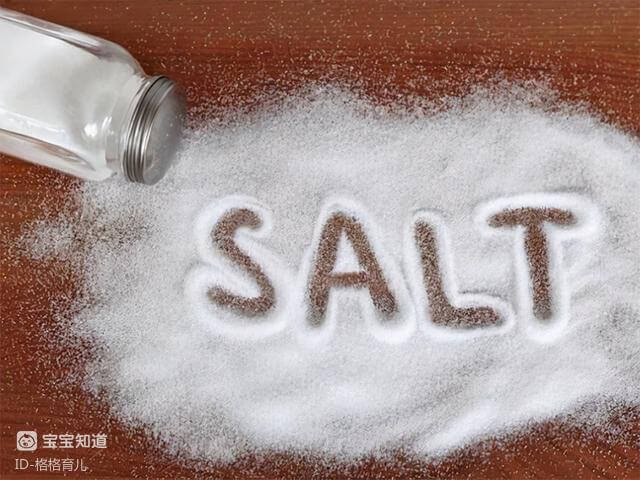
The organ development of the liver and kidneys in early infants and young children is not perfect enough to metabolize and infiltrate excessive sodium. Excessive amounts can easily cause burdens on the liver and kidneys. Moreover, excessive sodium intake may also cause children to have a partial eclipse, increase the loss of calcium in the body, and disturb the balance of other trace elements in the body, so this is not a pseudoscience.
The body’s sodium requirement for children at different stages is also different. Babies from 0 to 6 months old only need 200 mg per day, from 6 to 12 months old is 500 mg per day, and children from 1 to 3 years old are 650 mg per day. In our daily diet, many foods have different levels of sodium. Therefore, for children with relatively low demand, salt seasoning must be prudent.
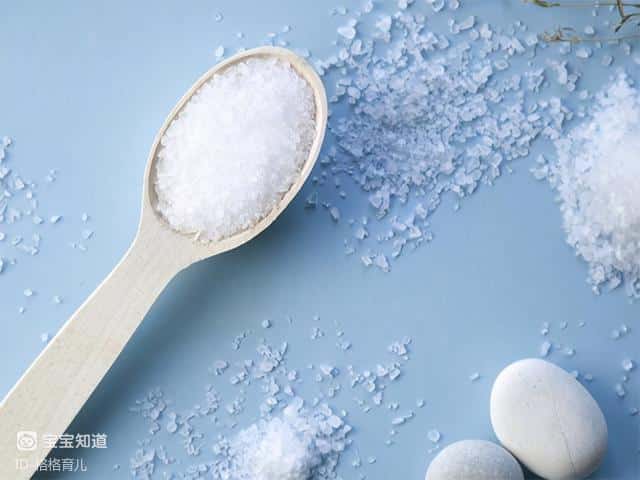
The daily sodium intake of babies before one year old is no more than 500mg, so in the daily breast milk and milk powder feeding, they can get enough or a large amount of sodium, and the food itself also contains sodium after supplementary food is added. exist. These are enough to meet the basic sodium needs of the child’s body, so there is no need for the child to take extra salt.
After one year old, the intake of sodium increases, the daily basic diet intake may be somewhat insufficient, and the child’s taste development also needs tasteful attempts, so a small amount can be added to the daily diet Some salt for seasoning. This can not only supplement the intake of sodium, but also help the child’s taste development.
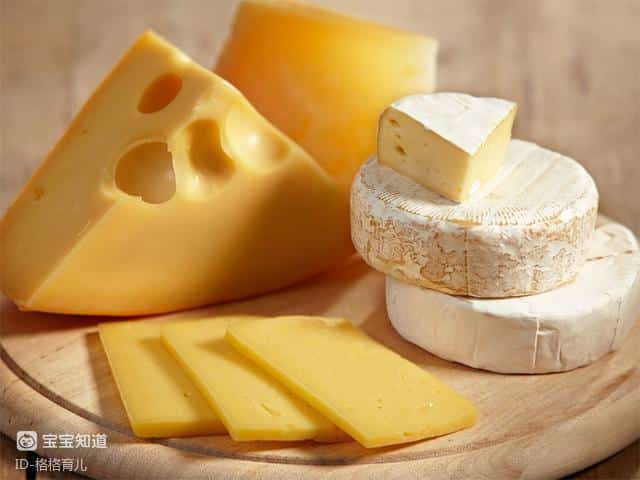
Of course, in the daily diet of children, it is not only the control of salt, which is a seasoning, but also the scientific intake of sodium in children’s body. We also need to pay attention to those high-sodium foods in life. In order to prevent children from unknowingly, the sodium intake exceeds the standard. In this regard, mothers should pay more attention to the choice of the following two foods:
1. All kinds of pickled and kimchi foods: most of these foods use a lot of salt for preservative treatment during the production process, so compared to ordinary foods, pickled foods basically have excessive sodium content , Children should eat less.
2. Various cheese products: Many parents are accustomed to giving their children a variety of cheese sticks, cheese sticks and other small snacks, but a lot of salt is also added during the cheese making process, and the sodium content is also very high. . So when choosing snacks for children, pay attention to the sodium content in the ingredient list behind and choose low-sodium cheese.
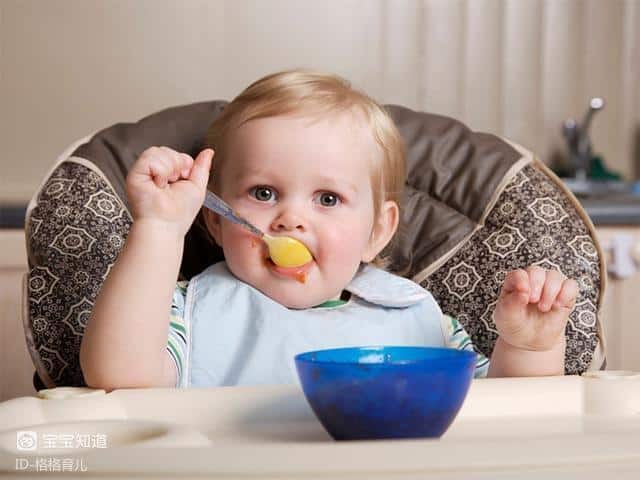
Important note: There is a certain scientific reason for infants and young children not to eat salt, because their body’s sodium requirement is relatively low, and their daily food intake is sufficient. Additional salt addition will easily increase the body’s burden on sodium consumption, leading to liver and liver damage. Damage to the kidneys. In the daily diet, in addition to salt, some pickled foods, kimchi foods, and cheese products also need attention.



